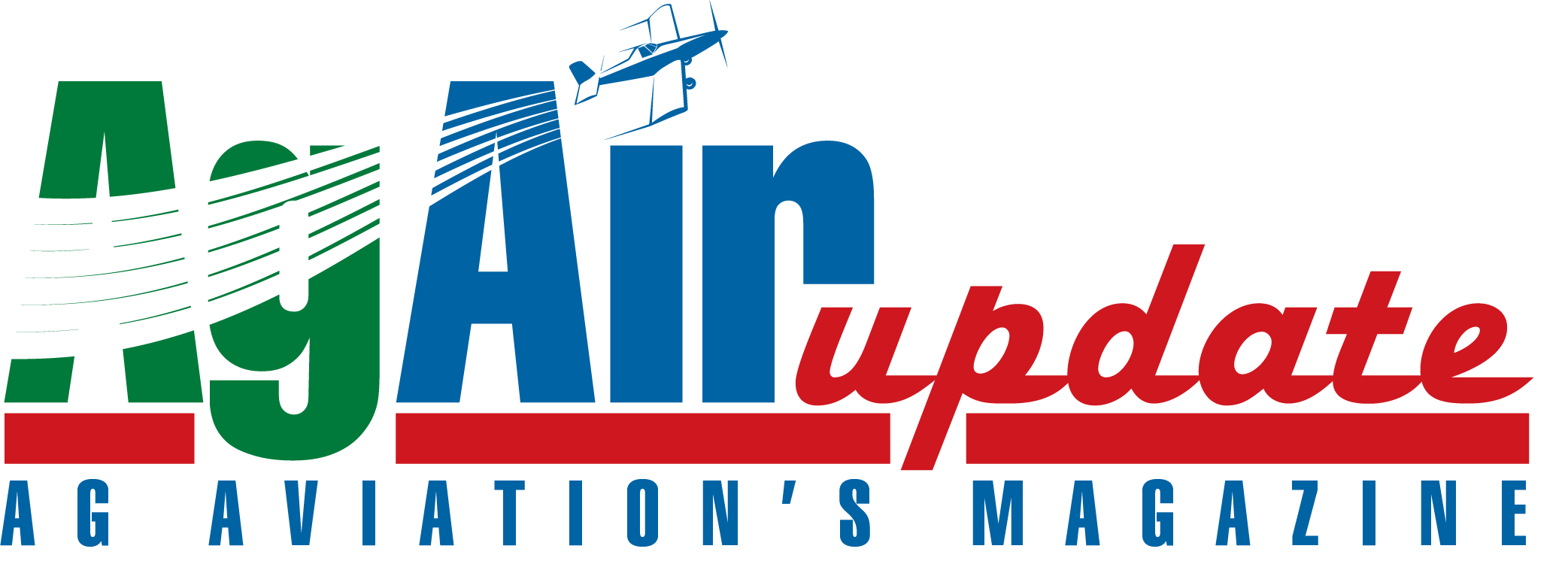By Dr. Susan Northrup, FAA Federal Air Surgeon
Mental health is a topic that seems to be on everyone’s mind (pun intended) and, therefore timely. I want to update you on recent changes.
As you know, our concern is safety, both for the individual pilot and for the general public. A missed or unreported diagnosis can lead to a catastrophe such as Germanwings Flight 9525, where the co-pilot deliberately crashed the airplane, or tragedy such as a solo suicide. The purpose of our policies is to prevent accidents like these and mishaps due to performance impairment. Regardless of the severity of a person’s mental health condition, we are concerned about cognitive and vigilance impairment as well as sedation that may result from either the condition or possible treatments. We are cognizant that a review of these conditions, although necessary for safety, burdens the applicant and delays certification.

For several years, we have noticed a significant increase in the percentage of airmen medical applicants who report a mental health condition including substance abuse, depression, anxiety, and attention deficit hyperactivity disorder (ADHD). In fact, we estimate more than 30% of general aviation applicants reviewed for a special issuance have a mental health condition as one of their diagnoses. Although some of this is due to the recent pandemic, for decades there has also been an increase in medication use for depression, anxiety, and ADHD. Post-traumatic stress disorder (PTSD) is also diagnosed more frequently now than in decades past. Many more individuals with these conditions are now requesting medical certification. Altogether, our workload has greatly increased and a backlog developed. We have taken steps to address this.
First, we have increased the number of psychiatrists from one to four over the past four years. We also have three psychologists on staff, two of whom are trained as neuro-psychologists. Second, we have prepared decision tools for the AMEs (aviation medical examiners) to use for situational depression and PTSD. If asymptomatic and off treatment (five and two years respectively), the AME generally can issue a medical certificate. This is outlined in the AME Guide and is a change from the previous requirement for all cases to be reviewed by FAA medical staff before certification. We are evaluating other conditions for similar decision tools.
I would also like to report on several additional initiatives. During the pandemic, in-person evaluations became difficult and we allowed increased use of virtual appointments. While this certainly made it easier for the individual pilot, a virtual evaluation is inferior to in-person. We are evaluating how well these worked over the past few years to determine the ideal balance going forward. In the meantime, we are continuing the virtual evaluation policy adopted during the COVID-19 public health emergency.
Last fall we reviewed the records of more than 400 pilots on the SSRI (selective serotonin reuptake inhibitor) program. We determined that for the vast majority of pilots, routine follow up cognitive testing did not identify a safety concern. Accordingly, we have discontinued this requirement for 97% of the applicants for recertification. Finally, we recently approved extended release bupropion (Wellbutrin©) SR and XL formulations, for use in pilots under the special issuance program. (This is also approved for air traffic controllers.) We are also looking at other anti-depressants for inclusion, but are carefully scrutinizing the side effect profile.
We introduced the substance abuse/dependence programs decades ago and began allowing the use of SSRIs in 2010. Both programs have been successful. Recent data shows that 574 pilots were flying with a Special Issuance (SI) for a SSRI and, in 2022, 2,213 pilots had a SI for substance abuse/dependence. These are pilots that would have been grounded, often permanently, at one time. While many pilots with a mental health diagnosis face an initial disqualification (around 20%), most will be certificated once stable and satisfactorily controlled with an acceptable medication. Note also that while some mental health diagnoses, such as schizophrenia, may not be compatible with flight safety, most are.
Recently, we received an inquiry asking for our policy letter regarding the 10-year wait after a suicide attempt. There is no such policy. We do not know if anyone delayed a certification request due to this, but even one unnecessary delay is too many. Please encourage your colleagues to get treatment (if needed) and seek certification. As medicine advances, we are able to certify more and more conditions.





